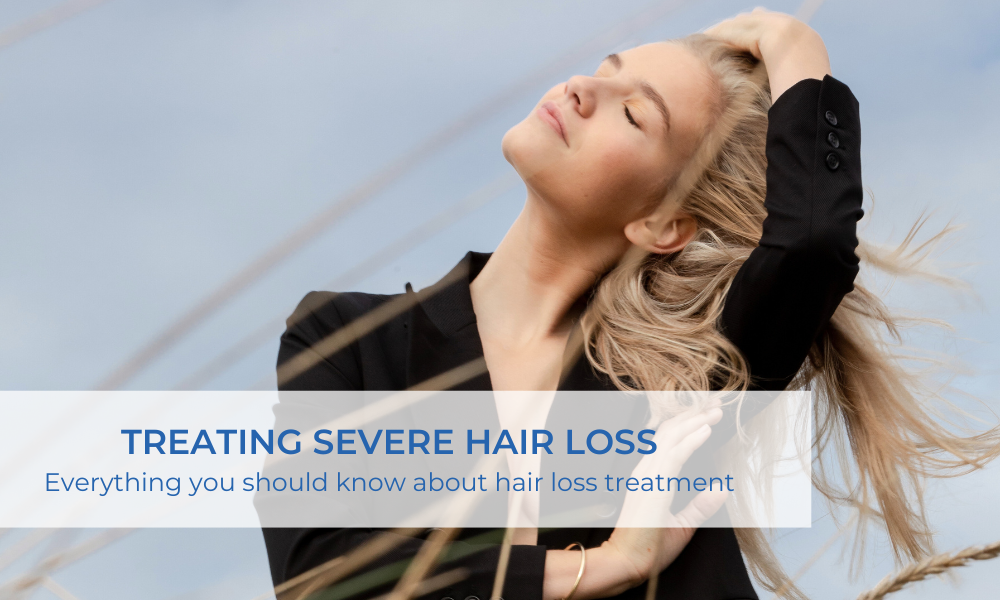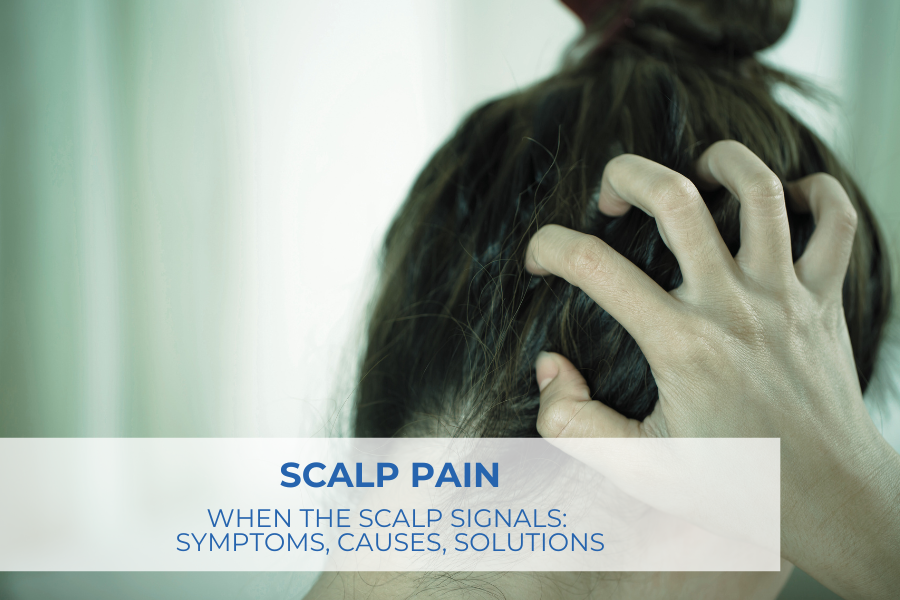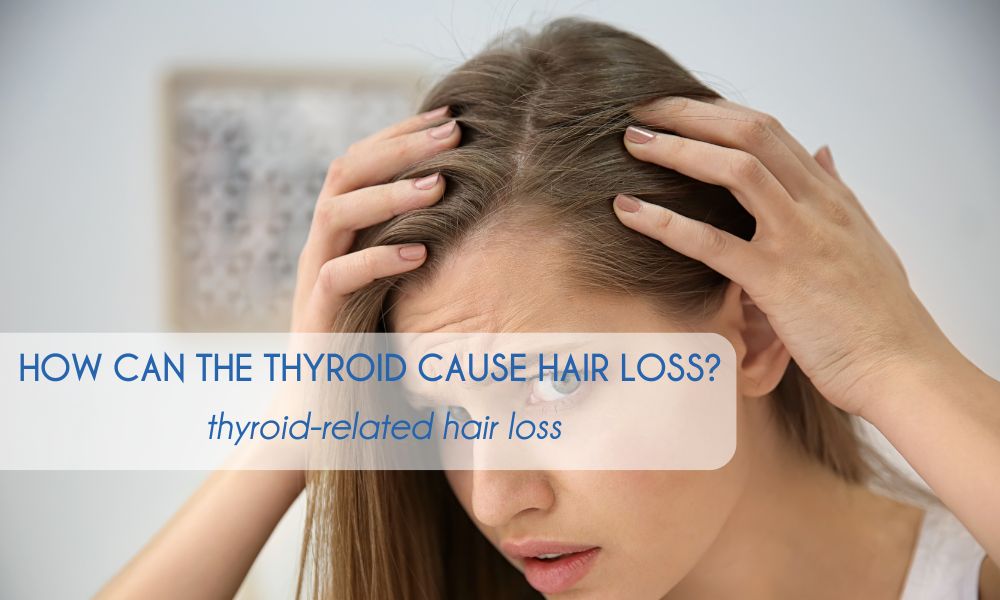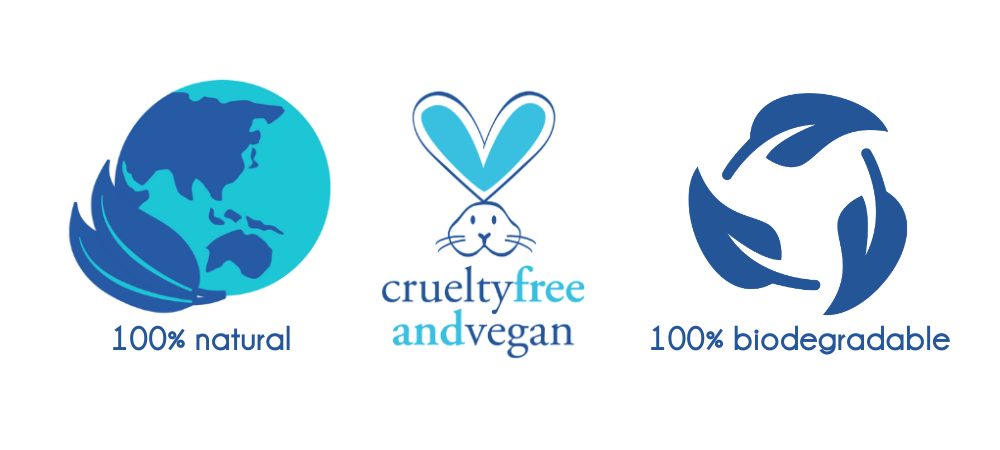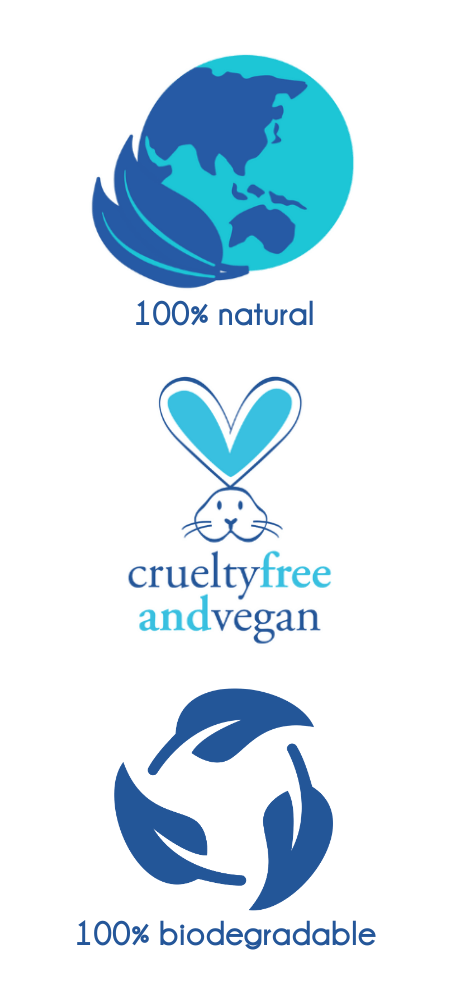Thyroid-related hair loss
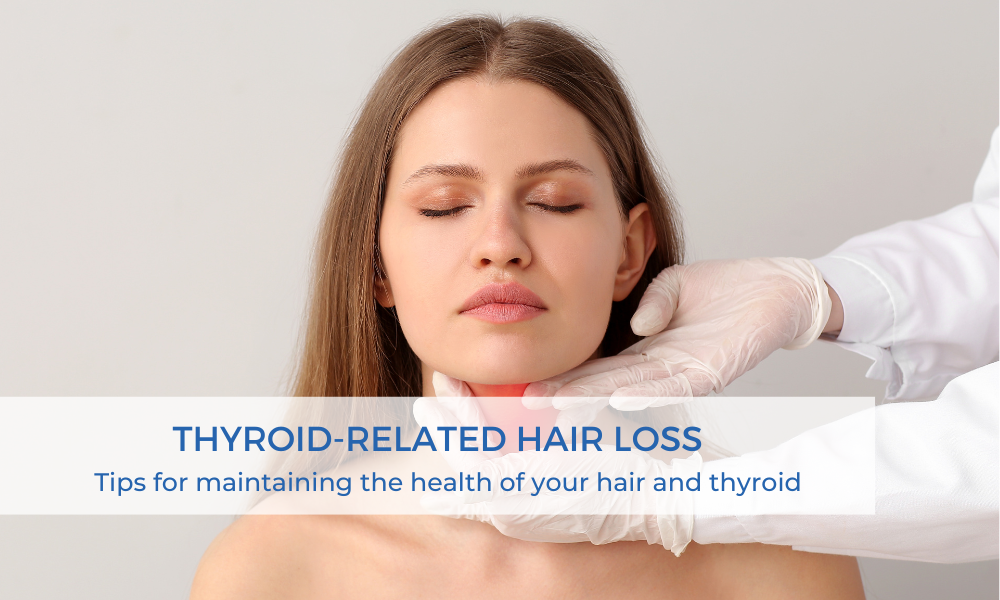
Thyroid-Related Hair Loss
Thyroid issues are increasingly considered a common problem, as a significant portion of the population suffers from some form of it. However, many individuals are unaware of their condition and thus do not seek medical help. This neglect can have serious consequences, as thyroid dysfunction can lead to various other health issues, including hair loss.
It’s important to understand that hair thinning or loss is often related to thyroid function, and many people do not realize that this glandular disorder may be the underlying cause. If we notice the warning signs in time, we have the opportunity to avoid medication and support our thyroid health through natural methods. By making appropriate lifestyle changes and dietary adjustments, we can not only improve thyroid function but also preserve the health of our hair. Therefore, it is worth thoroughly exploring the connections between the thyroid and hair loss so we can act consciously for our health. Don’t let hair loss become another stress factor! Learn how to naturally support your thyroid, and we will show you how to effectively manage thyroid-related hair loss!
What is Thyroid Disease?
The thyroid plays an important role in regulating the body’s metabolism by producing two main hormones: thyroxine and triiodothyronine. These hormones influence body temperature and the rate of metabolism. When thyroid function changes, two types of problems can arise.
Hypothyroidism (Underactive Thyroid)
The thyroid does not produce enough hormones. This can lead to fatigue, weight gain, and a sensation of cold in the limbs.
Hyperthyroidism (Overactive Thyroid)
The other possibility is hyperthyroidism, which means that the thyroid produces too much hormone. In this case, symptoms may include anxiety, sleep problems, restlessness, and weight loss, even while maintaining a good appetite. This condition can easily be mistaken for anxiety.
Types of Thyroid Disease
Goiter
Also known as struma, goiter refers to the enlargement of the thyroid gland, which most commonly occurs due to iodine deficiency. In this case, the body attempts to compensate for decreased hormone production by increasing the size of the thyroid. However, other underlying causes can include thyroiditis, hyperthyroidism, or thyroid nodules, which are mostly benign. It is important to note that although all thyroid cancers present as nodular changes, not all nodules are tumors. Thyroid cancer is one of the most treatable types of cancer if detected in time. Always consult your doctor for a professional evaluation!
Thyroid Tumors
These fall under the category of nodular thyroid diseases. Benign thyroid nodules grow slowly, have a capsule, and do not spread to their surroundings or form metastases. In contrast, malignant thyroid tumors grow more rapidly, can invade surrounding tissues, and may also develop metastases. Always consult your doctor for a professional evaluation!
Hashimoto’s Thyroiditis
Thyroid diseases, especially Hashimoto’s, are becoming increasingly common, affecting not only middle-aged women but also younger individuals and men. This autoimmune disease poses a significant challenge to healthcare worldwide, as it can damage the thyroid gland unnoticed for a long time. It often takes years for actual hypothyroidism to develop.
Previously, iodine deficiency was the primary cause of thyroid dysfunction, as adequate iodine is essential for proper thyroid function. The introduction of iodized salt has reduced cases of iodine deficiency, but this has brought Hashimoto’s into the spotlight, which is responsible for 97% of hypothyroidism cases.
The problem is that Hashimoto’s can often exist while thyroid lab values are still normal, and current healthcare practices do not offer effective treatment at this stage. Some experts recommend supplementing with vitamin D and selenium, but a uniform solution has not yet been established. Since Hashimoto’s can damage the thyroid even before hypothyroidism occurs, early detection may be crucial in slowing the disease’s progression, although this perspective is not yet supported by sufficient scientific evidence. Always consult your doctor for a professional evaluation!
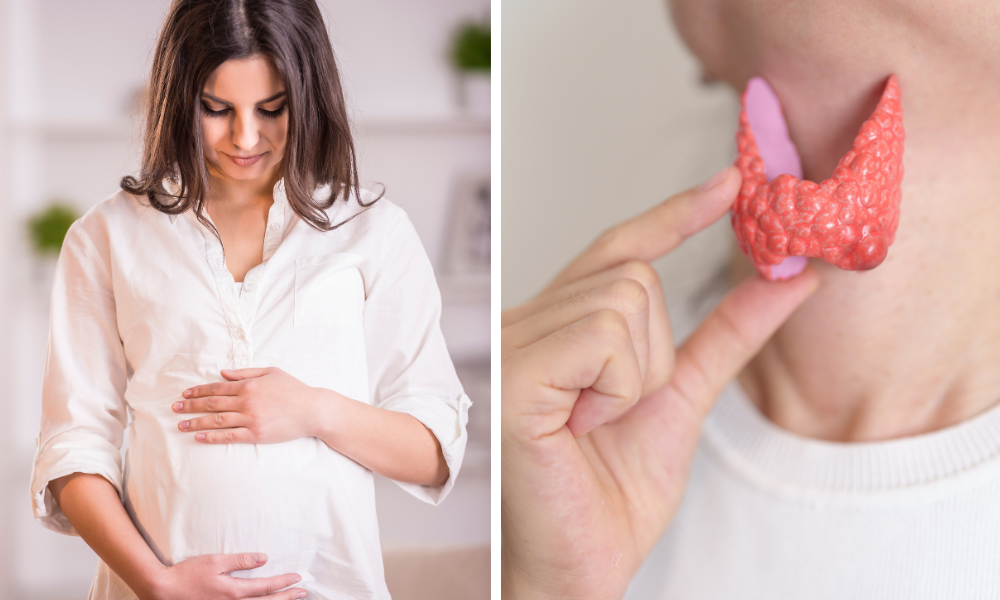
New Mothers and Hashimoto’s
Postpartum thyroiditis (PPT) affects about 10% of women, but many cases go undiagnosed since its symptoms, such as fatigue, sadness, and inadequate milk production, can easily be confused with the “baby blues,” or postpartum mood swings. The development of PPT is closely related to changes in immune system function, which often occur after pregnancy and childbirth. During this time, the body produces TPO (thyroid peroxidase) and TG (thyroglobulin) antibodies, which trigger an autoimmune reaction against the thyroid. TPO antibodies attack the enzyme necessary for the production of thyroid hormones, while TG antibodies target the protein produced by the thyroid.
These autoimmune reactions can lead to inflammation and disruptions in thyroid function, initially causing hyperthyroidism and later leading to hypothyroidism. Due to hypothyroidism, women may feel even more fatigued and exhausted, making the maternal role even more challenging. Unfortunately, many seek medical help in vain because PPT often remains hidden, and doctors look for other issues, so the true cause often goes unrecognized.
Regardless of the type of thyroid disease, early diagnosis and treatment can be crucial in alleviating symptoms and restoring normal thyroid function. Always consult your doctor for a professional evaluation!
What Could Be the Triggers?
Stress increases the level of cortisol, the stress hormone. Chronic stress can suppress thyroid hormone production, potentially leading to hypothyroidism. Additionally, stress can cause inflammation in the body, worsening existing thyroid issues. Emotional and physical stress factors, such as workplace pressure or family problems, can also worsen symptoms, making it essential to manage stress to maintain thyroid health.
Lifestyle has a significant impact on thyroid health. Healthy eating, regular exercise, and adequate rest can contribute to balancing thyroid hormone production. A balanced diet rich in iodine, selenium, and other nutrients may help support optimal thyroid function. Additionally, stress management techniques such as meditation or breathing exercises can reduce inflammation and improve hormonal balance.
Substances like heavy metals and chemicals can significantly affect thyroid health. They can accumulate in the body, inhibiting thyroid hormone production and disrupting hormonal balance, such as mercury and lead. Minimizing exposure to toxins, for example, by using chemical-free products, can help maintain optimal thyroid function.
If someone has a family history of thyroid problems, they are at a higher risk of developing such issues themselves. Being aware of family history can help understand the risks related to thyroid health and can guide prevention and appropriate treatment options.
If an existing condition, such as diabetes or an autoimmune disorder, is not treated properly, it can increase the risk of thyroid problems. Additionally, certain medications can have side effects that affect thyroid function. Monitoring the effects of medications and having an appropriate treatment plan is essential for maintaining thyroid health.
Conditions such as insulin resistance and autoimmune disorders can significantly impact thyroid health. They can disrupt hormonal balance and increase the risk of thyroid disorders.
It’s clear that many factors can influence thyroid function, and we can never be sure of the exact trigger. Therefore, proper, professional, and accurate diagnosis is very important.
THYROID DIAGNOSIS
There are several methods available for diagnosing the increasingly common thyroid diseases.
Endocrine Blood Test: The levels of thyroid hormones, such as TSH, T3, and T4, are measured, providing an accurate picture of thyroid function.
Ultrasound: This method can detect structural changes in the thyroid, such as nodules or inflammation.

THYROID TREATMENT
If the laboratory results fall outside the normal range or if symptoms significantly affect quality of life, it is likely that thyroid hormone treatment is necessary.
Medication: While it may seem discouraging, this therapy can offer real relief, as it can drastically improve symptoms and quality of life. Thyroid medication replaces your body’s natural hormones, helping to normalize TSH, FT3, and FT4 levels. If you have been feeling well for several months and your lab results are normal, you may be able to gradually reduce the medication dosage in consultation with your doctor, but regular monitoring is essential.
Alternative Remedies: For preventing thyroid problems or in cases of very mild symptoms and low lab values, there are several alternative remedies that can help improve the situation. Stress management, lifestyle changes, and dietary adjustments all play an important role in maintaining thyroid health. Detoxification and regular exercise can improve hormonal balance while addressing trauma and utilizing psychotherapeutic support to promote mental health. Autoimmune yoga is specifically recommended for those struggling with thyroid disorders, while dietary supplements can contribute to optimal thyroid function.
These alternative solutions can positively impact not only thyroid health but also the treatment of hair loss caused by thyroid issues, thereby aiding in the improvement of hair growth and hair condition.
Always consult your doctor first!
THYROID-RELATED HAIR LOSS
Thyroid problems often manifest in the condition of the scalp and hair, so hair loss can be one of the first warning signs. Thyroid disorders can cause various types of hair loss. What are the potential thyroid-related hair loss types?
Diffuse Hair Loss
Hair falls out evenly over a wide area. This often occurs due to hypothyroidism, as the lack of hormones can slow down hair growth.
Focal Hair Loss
Focal Hair Loss occurs when hair falls out in one or more patches. It can be caused by autoimmune diseases of the thyroid, such as Hashimoto’s thyroiditis, where the immune system mistakenly attacks the hair follicles.
Telogen Effluvium
This hair loss results from a disruption in the hair cycle when hair suddenly enters the resting phase (telogen) and falls out in large amounts. This often develops due to stress, illness, or hormonal changes, particularly fluctuations in thyroid hormone levels.
Alopecia Areata
Alopecia Areata is an autoimmune disease that causes sudden patchy hair loss and can be associated with thyroid disorders. The immune system attacks the hair follicles, leading to hair loss.
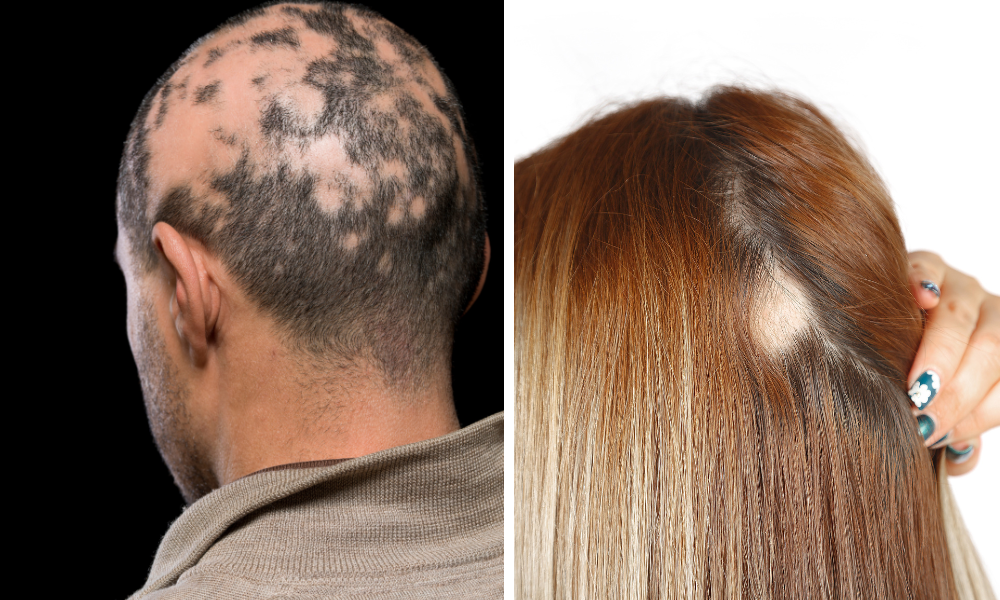
It is important for people struggling with thyroid problems to consult not only specialists but also trichologists, as improving hair loss and scalp condition requires a comprehensive approach. Specialists typically focus on restoring hormonal balance and treating thyroid disorders, while trichologists specialize in the specific issues related to the health of the hair and scalp.
Why also consult a trichologist?
Trichologists conduct a more detailed examination specifically of the scalp condition and can develop personalized treatment plans that consider the individual needs of the patient. Additionally, trichology focuses on cellular-level inflammation treatment, addressing nutrient deficiencies, and establishing a proper hair care routine, allowing patients to approach their issues holistically.
TREATMENT OF THYROID-RELATED HAIR LOSS
Cellular-level inflammation treatment is of paramount importance in the management of thyroid-related hair loss, as inflammation affects not only the scalp but also the health of hair follicles. When cells are inflamed, it can hinder hair growth and promote hair loss. Therefore, reducing inflammation from both external and internal sources is essential for the regeneration of hair and scalp.
Collagen
Collagen supplementation plays a key role in maintaining hair health, as collagen helps maintain skin elasticity and the strength of hair follicles.
However, for thyroid patients, marine collagen is one of the most suitable alternatives, as collagen derived from mammals (warm-blooded animals) does not provide the necessary nutrients and may even trigger inflammatory reactions. Marine collagen does not contain Neu5Gc, which can be particularly harmful in cases of autoimmune or inflammatory diseases, such as thyroiditis, as this derivative can exacerbate inflammation in the body. Collagen products from mammals often contain this sialic acid derivative and can cause an excessive immune response in sensitive individuals, and can lead to a cellular-level inflammatory response. In contrast, marine collagen is easily absorbed, supports cellular regeneration, reduces hair loss, and improves hair quality. Additionally, fruit crystals, which are high in antioxidants and minerals, also contribute to the health of hair and scalp, allowing for a holistic approach to treating thyroid-related hair loss.
Chemical-Free Products
For patients struggling with thyroid issues, it is particularly important to use 100% chemical-free products, as traditional medications can lead to the development of dependency over time and may have numerous negative effects on hair follicles and skin. Chemicals can be absorbed into the body and further burden the weakened system, worsening the condition of the hair and scalp. In contrast, chemical-free alternatives can help minimize these risks, allowing for the regeneration of hair follicles and the preservation of the health of the skin.
Chemical-free products are especially recommended for expectant mothers, including those who may be breastfeeding, as these products are safer and generally do not contain substances that could be harmful to babies. Using these products allows for the beneficial effects of natural ingredients to be harnessed, supporting the health of hair and scalp while avoiding the intake of harmful chemicals. Therefore, the combined application of a holistic approach and chemical-free solutions can contribute to more effective treatment of thyroid-related issues.

Chemical-Free Hair Coloring
Due to thyroid issues, the hair can become weaker, requiring gentle care. Chemical-free hair dyes containing natural ingredients provide gentle coloring without causing extra strain on the hair and scalp, thereby supporting hair regeneration and maintaining its health.
Regular Use
Using suitable chemical-free products regularly at home can make a significant difference in the condition of the hair and scalp, especially in cases of thyroid problems. Such products not only protect hair strands from further damage but also provide continuous nourishment and regeneration. It is important to apply them consistently as part of your hair care routine, as long-term results can only be achieved through regular use. This can help strengthen the hair follicles, maintain scalp health, and preserve your hair’s natural shine and vitality.
Oxygen Therapy Treatment
for Thyroid-related Hair Loss
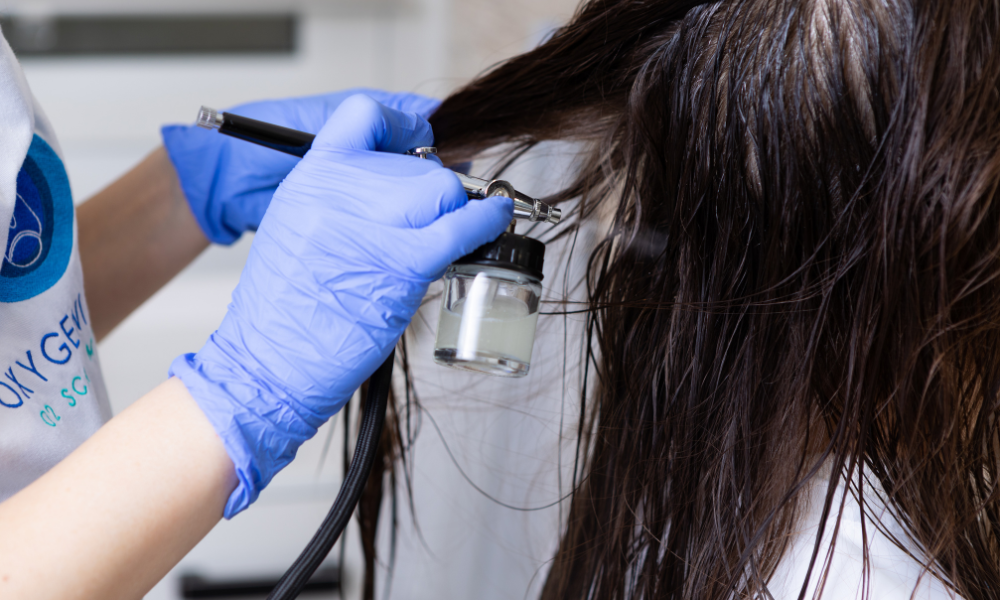
Oxygen therapy can provide an effective solution for all types of hair loss, including hair thinning caused by thyroid diseases. During the therapy, pure, oxygen-rich air is delivered to the scalp, stimulating blood circulation and increasing the oxygen supply to the hair follicles. Additionally, oxygen therapy acts as an excellent DHT blocker, helping to reduce the levels of dihydrotestosterone (DHT) in the scalp. DHT is a major cause of hair loss as it hinders the normal functioning of hair follicles. Oxygen enhances cellular metabolism and collagen production, promoting hair growth, strengthening hair strands, and contributing to the health of the scalp. Therefore, oxygen therapy can be an effective aid in stopping hair loss and supporting the growth of new, healthy hair.
Thyroid diseases are common causes of hair loss. Many people are unaware of these issues, even though thyroid health is crucial for the quality of hair. Stress, poor nutrition, and toxins all affect thyroid function. Timely diagnosis and treatment can help prevent hair loss. Therefore, it is important to pay attention to the signals from our bodies and take action for thyroid health.
OXYGEN THERAPY AND OXYGENI HAIR PRODUCT REVIEWS










